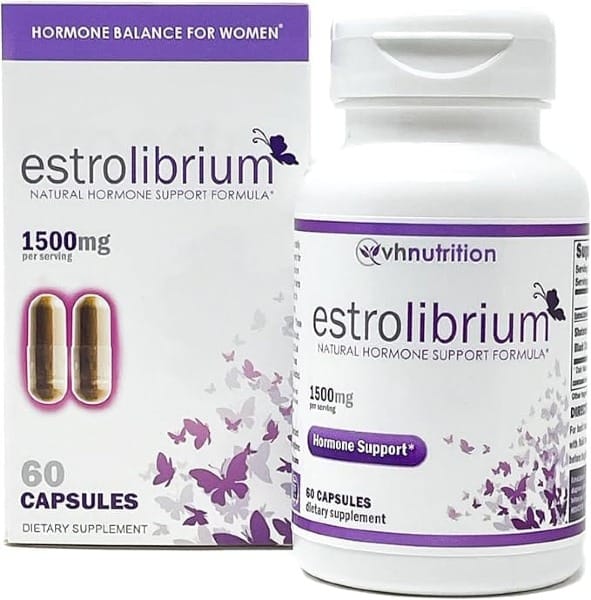A recent study published in the Journal of Gerontology: Medical Sciences suggests that post-menopausal women who maintain a stable weight after age 60 may be more likely to achieve exceptional longevity, reaching ages 90, 95, or even 100.
The Role of Weight Stability in Reaching Centenarian Status
Research indicates that maintaining a stable weight after age 60 significantly increases the likelihood of women reaching centenarian status. A study involving over 54,000 women from the Women's Health Initiative found that those who kept their weight stable were 1.2 to 2 times more likely to achieve exceptional longevity compared to those who lost 5% or more of their weight[2][4]. Notably, women who unintentionally lost weight were 51% less likely to survive to age 90[2]. The study challenges general recommendations for weight loss in older women, suggesting that stable weight, rather than weight loss, may be a key goal for longevity[4]. However, experts caution that women should still follow medical advice if moderate weight loss is recommended to improve their health or quality of life[2].

vhnutrition ESTROLIBRIUM natural hormone support formula
Hormone Balance for Women | Menopause Support Supplement | Black Cohosh, Shatavari, Chaste Tree Berry (Vitex), Dong Quai | 60 Capsules in Easy to Swallow Pills. Made in the USA
Weight Stability and Longevity
The impact of weight stability on longevity for post-menopausal women is significant, according to recent research. A study led by the University of California San Diego found that women who maintained a stable weight after age 60 were 1.2 to 2 times more likely to reach exceptional longevity (ages 90, 95, or 100) compared to those who lost 5% or more of their weight[2][3]. Unintentional weight loss was particularly concerning, with women experiencing it being 51% less likely to survive to age 90[5]. These findings challenge the common assumption that weight loss is always beneficial for older adults, suggesting that blanket recommendations for weight loss in older women may not necessarily lead to better survival to advanced ages[2]. However, experts emphasize that individual health goals and medical advice should still be considered when formulating weight management strategies[3].
Hormonal Balance and Longevity
Hormonal balance plays a crucial role in longevity and overall health. As people age, there is often a decline in hormone production that affects vitality, energy, and sex drive[1]. Hormones regulate various bodily functions, including brain activity, thyroid function, adrenal glands, and reproductive organs[1]. Research suggests that maintaining proper hormonal balance can improve quality of life and potentially extend lifespan. Bio-identical hormone replacement therapy, which uses hormones structurally identical to those produced by the human body, has gained popularity as a method to address hormonal imbalances[1]. Additionally, lifestyle factors such as diet and exercise can significantly impact hormonal health. Plant-based foods like quinoa, flaxseed, and avocado contain phytonutrients that may help manage hormonal balance and improve longevity[2]. It's important to note that hormonal regulation of longevity involves multiple systems, including metabolism, growth, reproduction, and stress resistance[5].

Semaglutide for Menopausal Weight
Semaglutide, a GLP-1 receptor agonist medication, has shown significant benefits for postmenopausal women struggling with weight gain. A recent study published in Menopause found that postmenopausal women on hormone therapy experienced more substantial weight loss with semaglutide compared to those not on hormone therapy[1]. After 12 months, women on hormone therapy lost about 16% of their body weight, while those not on hormone therapy lost about 12%[1]. Semaglutide works by reducing appetite and lowering blood sugar levels, making it particularly effective for menopausal women who often experience weight gain due to hormonal changes[3][4]. Additionally, semaglutide may help improve cardiovascular and metabolic risk markers, which is crucial for postmenopausal women at higher risk of developing conditions like type 2 diabetes and heart disease[1][4]. However, it's important to note that semaglutide should be used as part of a comprehensive weight management plan that includes lifestyle modifications, and its use should be guided by a healthcare professional[4].














Member discussion